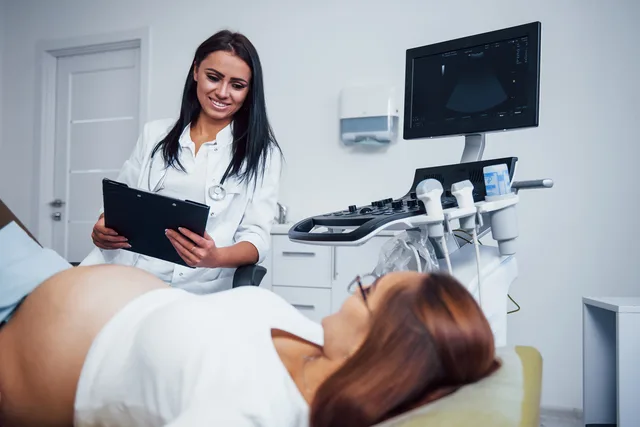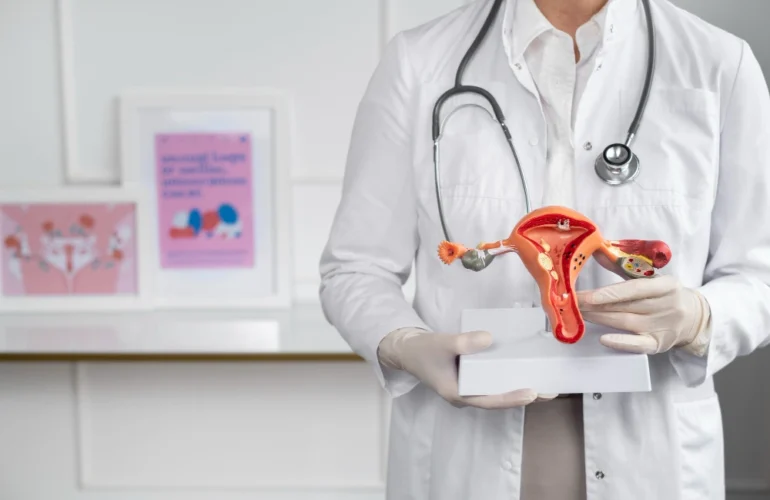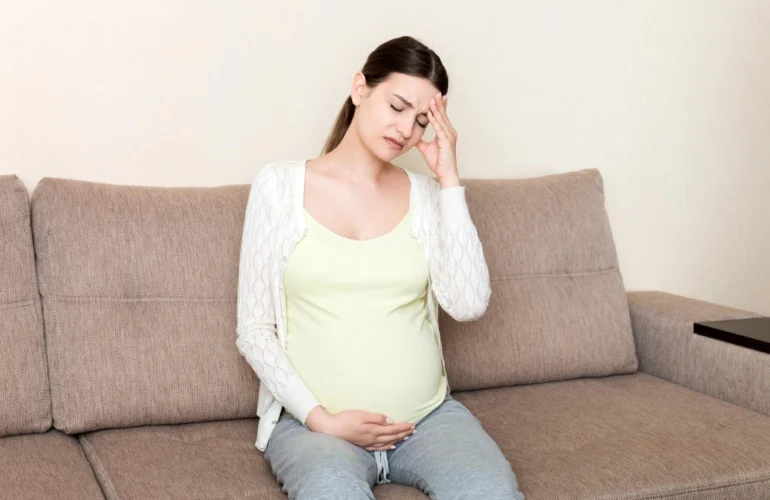Women’s health changes through every stage of life, from the teenage years to pregnancy and menopause. While many women visit a gynecologist only when facing problems, regular check-ups are essential for early detection and prevention of diseases.
A gynecologist is not just a specialist for pregnancy but a lifelong health partner who helps manage hormonal balance, reproductive health, and overall well-being. Let’s understand the most important reasons to see a gynecologist and why timely consultations matter.
- Menstrual Irregularities
Irregular, painful, or heavy periods can signal underlying issues such as hormonal imbalance, thyroid disorders, polycystic ovary syndrome (PCOS), or uterine fibroids. If your period pattern changes suddenly or becomes unusually painful, it’s time to consult a gynecologist.
A detailed evaluation can help identify the cause and provide effective treatment to restore your cycle and prevent complications like anaemia or fertility issues.
- Vaginal Discharge or Itching
Unusual discharge, itching, or burning sensations are often signs of infections like yeast infections, bacterial vaginosis, or sexually transmitted infections (STIs). Ignoring them can lead to chronic discomfort and reproductive complications.
Seeing a gynecologist ensures early diagnosis and the right treatment to maintain vaginal and reproductive health.
- Pelvic or Abdominal Pain
Persistent pain in the lower abdomen, pelvis, or back should never be ignored. It may indicate endometriosis, ovarian cysts, fibroids, or infections. A gynecologist can perform examinations and imaging tests to determine the cause and suggest suitable medical or surgical management.
- Birth Control and Family Planning
If you’re sexually active or planning to delay pregnancy, a gynecologist can help you choose the most appropriate contraception method based on your health and lifestyle. Options like pills, IUDs, and implants are discussed in detail to ensure safe and effective birth control.
- Preconception and Fertility Counselling
If you’re planning to conceive, visiting a gynecologist beforehand helps assess your fertility, hormonal health, and overall fitness for pregnancy. They may recommend vitamin supplements, vaccinations, or lifestyle changes that support healthy conception and pregnancy.
If you’ve been trying to conceive for a year without success, a fertility evaluation is also advised.
- Pregnancy Care
Once you conceive, regular visits to a gynecologist are essential to monitor your baby’s development and your own health. Prenatal check-ups include ultrasound scans, blood tests, and nutritional guidance to ensure a safe pregnancy and smooth delivery.
Gynecologists also provide postnatal care to help you recover physically and emotionally after childbirth.
- Perimenopause and Menopause Symptoms
As women approach their 40s and 50s, hormone fluctuations can cause irregular cycles, mood swings, hot flashes, and sleep disturbances. Gynecologists help manage these symptoms through lifestyle changes, diet modifications, and, when necessary, hormone therapy.
Regular consultations during this stage also help prevent osteoporosis, urinary incontinence, and other age-related concerns.
- Breast Health Screening
Regular breast examinations help detect lumps or changes that could indicate benign conditions or early-stage breast cancer. Your gynecologist can guide you on self-examination and recommend mammograms based on your age and risk factors. Early detection saves lives.
- Preventive Screenings
Routine screenings such as Pap smears, HPV testing, and pelvic ultrasounds are among the key reasons to see a gynecologist. These tests help detect cervical cancer, uterine abnormalities, and infections early, often before symptoms appear.
Preventive care ensures timely intervention and reduces the risk of chronic or life-threatening conditions.
- Sexual and Mental Health Concerns
Discomfort during intercourse, low libido, or emotional distress linked to hormonal changes are issues many women hesitate to discuss. Gynecologists provide confidential guidance, help identify underlying causes, and offer treatment or counselling referrals when needed.
Sexual health is an integral part of overall well-being, and expert consultation can improve both physical comfort and confidence.
When Should You See a Gynecologist for the First Time?
Most experts recommend that young girls have their first gynecological visit between ages 13 and 15, especially if they experience menstrual issues or need guidance on puberty and hygiene. Thereafter, annual visits help track reproductive health and detect changes early.
Women of all ages should schedule check-ups even if they feel healthy, prevention and awareness are key to lifelong wellness.
At Horizon Prime Hospital in Thane, women’s health is at the centre of care. The hospital’s Department of Obstetrics and Gynecology provides comprehensive services for women of all ages, combining advanced diagnostics with compassionate expertise.
From menstrual and hormonal disorders to pregnancy management, infertility treatments, and menopause care, Horizon Prime Hospital offers personalised solutions for every woman’s needs. The team of experienced gynecologists ensures comfort, privacy, and precision at every step, from consultation to treatment.




